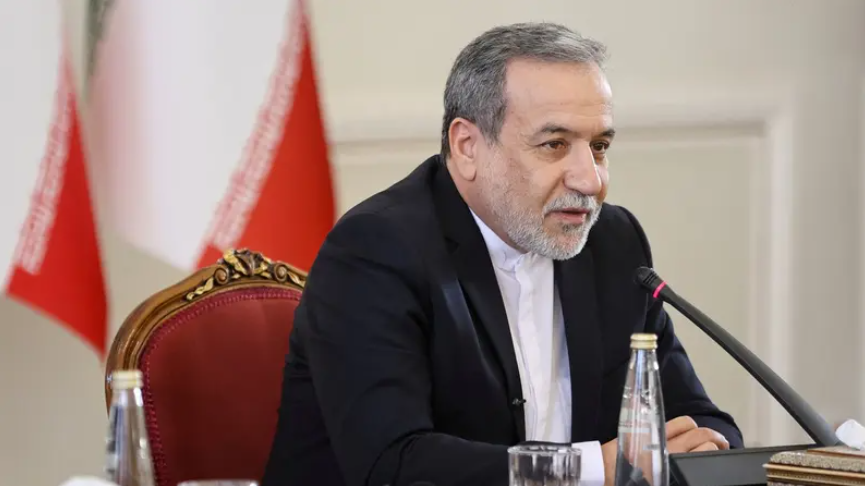ALWAGHT- Foreign Minister Abbas Araghchi stated that Iran’s foreign policy involves backing the Resistance Axis while addressing US and Israeli aggression via active regional engagement and diplomacy.
Addressing the Iranian Parliament, Foreign Minister Abbas Araghchi reviewed the Foreign Ministry’s activities over the past 14 months, highlighting efforts under Iran’s 7th Development Plan and other strategic documents. He explained that the ministry’s work has followed four main approaches: security-focused diplomacy, economic and development diplomacy, influence- and power-building diplomacy, and idea- and narrative-driven diplomacy.
Araghchi emphasized Iran’s role in consolidating the resistance axis and supporting unity-promoting movements in the Islamic world. He cited various US and Israeli actions against the resistance and Muslim nations, including attacks in Lebanon, Syria, Yemen, Palestine, and against Iranian and Hamas leaders, noting that the Foreign Ministry has acted as the diplomatic arm of the resistance.
He outlined Iran’s active regional and international engagement, including visits to Damascus and Beirut, participation in international organizations, and communication with counterparts. Through bilateral and multilateral diplomacy, as well as media efforts, Iran has supported initiatives to pressure Israel, expanded its regional role, and strengthened a multipolar world order.
Araghchi also highlighted Iran’s diplomatic and legal measures over the past year, defending national sovereignty, countering human rights accusations, and opposing unilateral sanctions. He pointed to Iran’s collaboration with China, Russia, and 121 Non-Aligned Movement members in resisting attempts to reactivate previous UN Security Council resolutions, reflecting Tehran’s active engagement in global diplomacy and neighborhood policy.



























